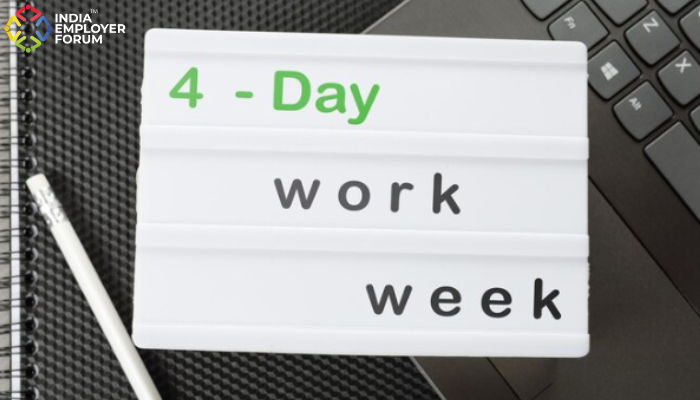It is said that if you don’t like what you do, every minute at work is unbearable. Work becomes torture. A topic that has been a source of hot debate is China’s 9-9-6 work culture. Companies in China work from 9am to 9pm for 6 days a week. This means that the employees of these companies work twelve hours a day. Thus, the term 9-9-6 comes into place.
China’s 9-9-6 work culture makes Silicon Valley look like a snooze fest where the normal work week is 9-5-5.
Thanks to the hustle of the Chinese workers, the gap in the development of the economy between the Chinese and the Americans is closing at a mind boggling rate. The Chinese markets are even surpassing its US competitors in certain sectors. Business heads in China know that if they have to keep up this progress they need to put in all the extra hours that they can and cannot pamper their employees. The craze to get to the top is so high that they are working 12 hours every day of the week in the major business hubs of Beijing and Shanghai.
Arguably working for long hours or at a stretch non stop work destroys creativity as you are working constantly like a machine churning out the products mechanically without any break. One needs to take a breather and use some activities like hiking or cycling which will act as a stress buster, thereby bringing you back to work refreshed. Today the chinese population has realized the value of healthy living. Besides eating healthy they are regulars at the gym too. Realization has dawned that a healthy body is more productive for all round hard work.
Economy in China is at its highest. The simple reason being the people of China are hard working and innovative with enormous opportunities. Having said that the Chinese are too motivated to succeed and let their 9-9-6 work culture disappear. Due to sheer hard work from both men and women, the competition is harsh and with virtually no laidback attitude, China ranks top on its on demand market. Consumers today are finding it easier to order anything right from cell phones to any household appliances and receiving them instantly.
In order to continue this 9-9-6 trend employees at most of the multinational companies are offered a suite of facilities like gyms, recreational areas, nap rooms and laundry services thereby encouraging them to put in long unpaid hours to show their commitment to their jobs and loyalty to their company. This rule is applicable to both juniors and senior employees who put in 996 hours during the weekends too. Often key promotions or even retaining jobs means putting in long unpaid hours to prove ones worth and be the front runner for a raise and a higher post.
You might also be interested to read: Jack Ma’s 996 Work Culture Has Always Been A Mantra To Swear By In The Indian Workforce
Ironically, Chinese Internet entrepreneurs of the first generation, including Pony Ma of Tencent Robin Li of Baidu, Ali baba group chairman Jack Ma Yun has advocated for long working hours, claiming that working 9-9-6 is indeed “a blessing”. These three have given China entrepreneurial heroes and are inspirational in new up and coming groups to follow their lead to become billionaires. Besides these three leaders there are others who feature in the Tech Titans of China. One cannot resist mentioning the name of social commerce upstart Pinduoduo Colin Huang.
Recently it has come to light that China’s 9-9-6 overwork culture is finally burning out. A group of software developers have initiated a protest to 996 culture on the code-hosting platform Github. They have started a project “996.icu” clearly meaning that working these gruelling long hours is likely to very well land an employee in the intensive care unit. A divide has been created by supporters of 9-9-6 and those who are against it.
Jack Ma’s bold statement on his blog in defense of 9-9-6 work culture advises the complaining workers – “ How do you achieve the success you want without paying extra effort and time?” Among others one finds Richard Liu, Founder of Chinese e-commerce company JD.com by calling employees seeking work-life balance as “slackers” who would not gain entry into his organization. Zhu Ning the founder of an e-commerce firm Youzan reveals that employees working here are under “huge work pressure, where many have already treated long work hours as a habit and can’t really tell work and life apart.”
The youth workforce in China is facing depression at an increasingly alarming rate. While it is true that the younger generation does need to work extra hard and struggle more to build a better life for themselves, that doesn’t mean that there should be all work and no play. If they work like robots they won’t be creative and won’t be able to function well. This way they will not only harm themselves but also be counterproductive to the organization. To reduce the amount of stress on the workers the company’s should opt to relieve them off the huge pressure from the society perspective.
References:
- “Does China’s 9-9-6 Work Culture Make Sense Right Now?” By Rebecca Fannin.




